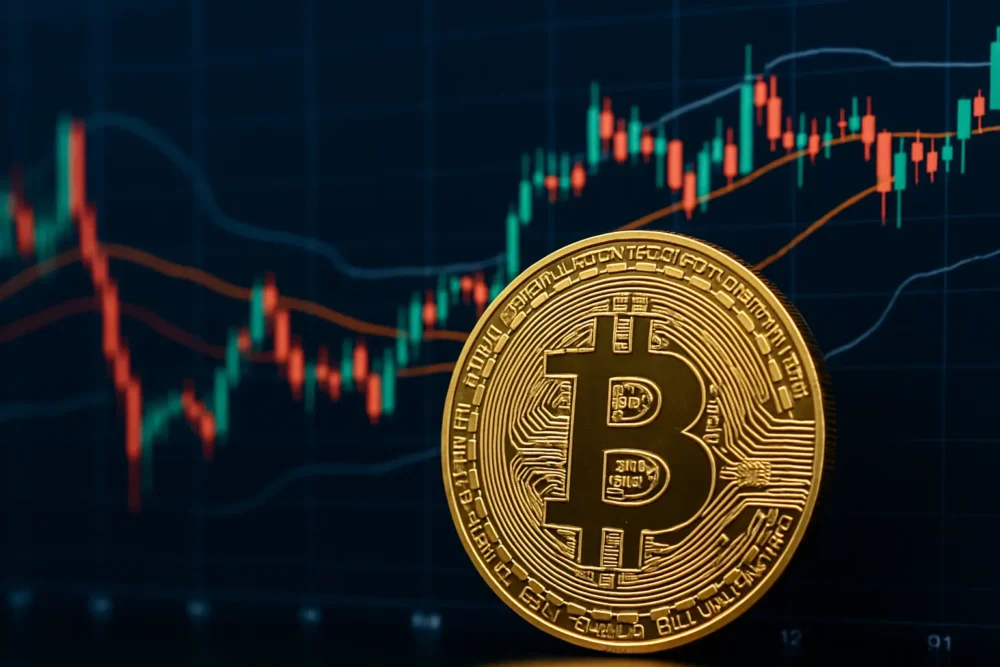Charles Hoskinson, the visionary behind Cardano, revealed the release of Cardano Node 9.0.0 during a livestream from Colorado on Monday.
This update marks a significant step towards the Conway Ledger era. The development team launched the new validator node software on 8 July at around 7 pm UTC.
As detailed in the release notes, Node 9.0.0 is crucial for crossing the 9.0 hard fork (Chang) boundary on the mainnet and long-running testnets like PreProd.
The Chang hard fork is poised to be a major milestone in Cardano’s journey towards fully decentralised governance, initiating the “Age of Voltaire” on Cardano’s roadmap. This era will bring substantial changes to the network’s political system.
Detailed in Cardano Improvement Proposal 1694 (CIP 1694), the Chang upgrade will introduce Delegate Representatives (DReps), elected by Cardano ($ADA) token holders.
These DReps will draft a Cardano Constitution, which will become the supreme governing law of the network. Post-constitution, DReps will continue to propose network changes in accordance with this new framework.
Node 9.0.0 capabilities
According to GitHub documentation, Node 9.0.0 is a major release that encompasses all necessary changes for the Conway ledger era.
This includes on-chain governance via CIP-1694, support for Plutus v1 reference scripts, and Plutus script signature support via CIP-69.
It is the first node capable of bridging the 9.0 hard fork (Chang) boundary on both mainnet and long-running testnets like PreProd.
However, it only permits the bootstrap phase of CIP-1694 in production environments (Protocol Version 9.0). This is vital for decentralised governance on Cardano.
The transition to enable DRep voting and all governance actions will come with Protocol Version 10.0.
Notably, Node 9.0.0 is released without a valid Conway-era Genesis file, which is required to complete the Chang hard fork. This will be provided later, necessitating a minor configuration update.
Stake Pool Operators (SPOs) will independently test the new node and decide when to upgrade. A hard fork date will be set once 70% or more of the SPOs have upgraded, ushering Cardano into the Chang era.
This period will see the formation of the Interim Constitutional Committee (ICC) and newly elected decentralised sovereign (DS) members, who will gain full voting power after a 90-day transition post-hard fork.
Community involvement
The Cardano community will play a significant role in decision-making, including discussions on roadmaps and annual budgets. ICC members are set to meet in Colorado to discuss their roles within the broader governance framework.
Hoskinson emphasised the importance of decentralised governance, stating, “Everybody told us that building a decentralised government with people that you don’t know you’ve never met and you’ve never interacted with somehow can’t be as effective as a centralised one. But what we’ve done as an ecosystem is we’ve proven people wrong every single step of the way.”
The finalisation of the Cardano Constitution will occur at a convention in Argentina later this year, with global delegates participating.
The ICC will be re-elected under the new Constitution, and IOHK, the engineering team behind Cardano, will shift its focus solely to development.
Hoskinson encouraged all Cardano projects to become delegated representatives, asserting that Cardano is on track to become the most decentralised and effective governance model in the crypto space.
The CTO at Input Output Global (IOG), Romain Pellerin, highlighted the significance of this development on social media, referring to it as a “big deal” and a “foundational moment”.
He stated, “Hold onto your feathers, node 9.0.0 is out. Operators, ready yourselves for Chang upgrade. Chang brings decentralised governance, giving the Cardano community the power to vote and shape the network’s future on-chain.”
The Chang upgrade is expected by the end of July and is considered one of the largest upgrades in Cardano’s history.
Hoskinson has underscored the importance of the latest node release in the lead-up to this upgrade.
Historically, Cardano’s upgrades have positively impacted its market performance, adding to the anticipation.
Notably, before a major upgrade in 2021, $ADA surged by 130%, from $1.35 to $3.10 within a month. However, at the time of writing, $ADA was down 12.9% in the last 24 hours, trading at $0.332, affected by the broader crypto market downturn.


